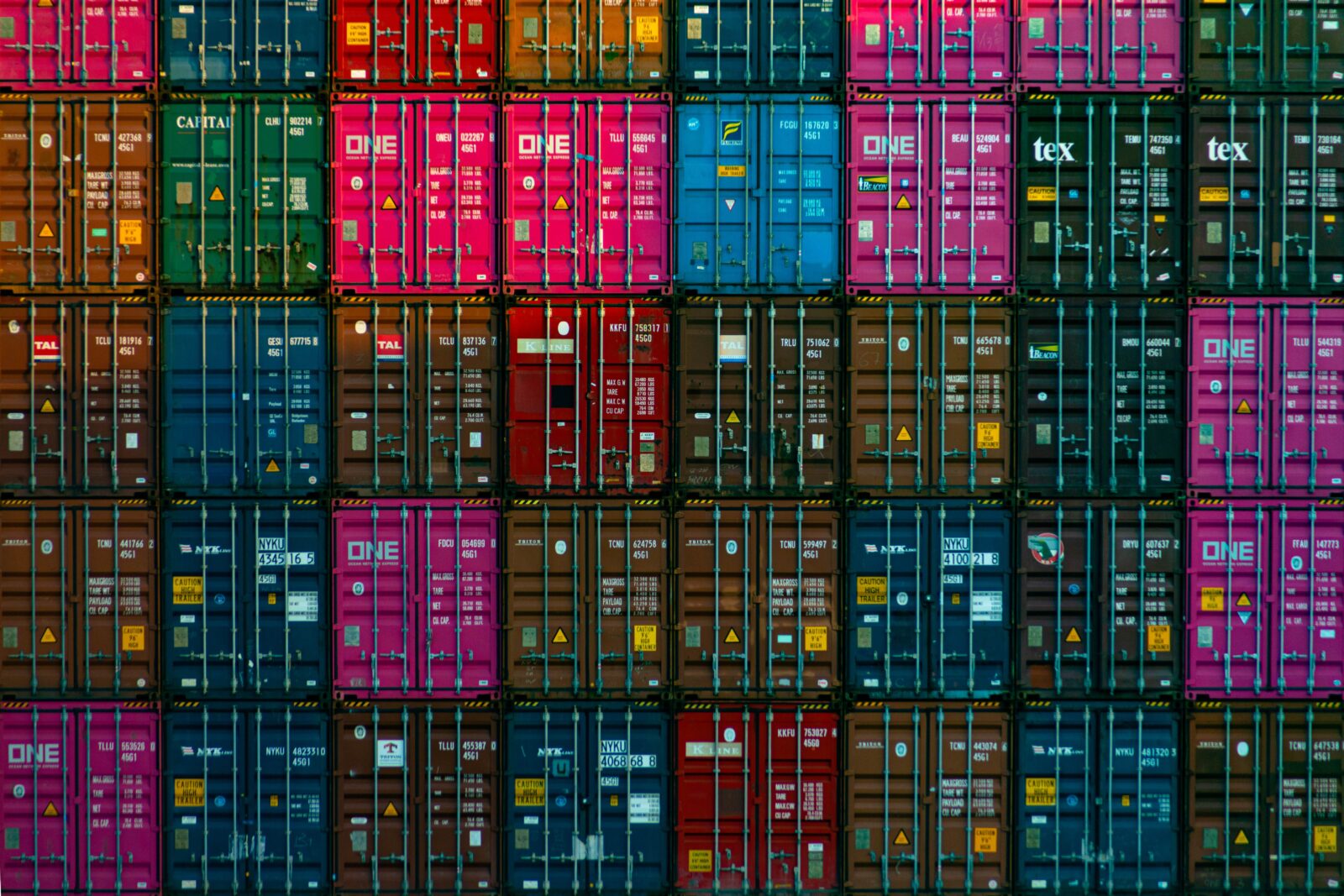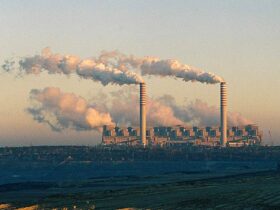One of the most astonishing feats of engineering and construction carried out by the United States took place in the early 20th century a few thousand miles south of its territory in the Central American nation of Panama. Eyeing the narrow isthmus of Panama in the late 1800s as a more convenient alternative route for shipping goods than Cape Horn at the southern tip of South America, the United States supported separatist movements in Panama, which was at the time a part of Colombia, in order to expedite the building of a canal through its territory. Since its opening, the Panama Canal has been construed as an economic necessity, allowing more efficient transportation of goods between the Pacific and the Atlantic.
While it is true that the Panama Canal was economically revolutionary for the Americas, its construction came at great expense to those who built it and to the nation of Panama. During construction, thousands of workers died under untenably harsh working conditions, with Black Caribbean workers being four times more likely to die than their white counterparts. Additionally, the canal remained a holdout of what arguably constitutes American imperialism for many decades: insistent on pocketing the toll money for itself as long for as long as possible, the United States did not hand back ownership of the watercourse to Panama until 1999.
Since 1999, the canal has been of great benefit to Panama and remains the largest contributor to the country’s GDP. However, Panama’s being denied ownership of the canal for nearly a century is an all-too-familiar tale of US economic interests curtailing the development of Latin American economies, from the era of banana republics in the early 20th century to American support for regime change across the region throughout the Cold War to keep leaders aligned with the United States in power. Estimates suggest that at Panama’s expense the canal made the U.S.’ economy 4% larger by 1940. This suppression of the nation’s economic potential is one historical factor to blame for the country’s regionally high income inequality, as without control of the largest economic asset within its borders for decades, structures for sharing economic gains broadly amongst Panama’s populus were not developed.
While Panama is the current and rightful owner of the canal, it inherited the environmentally precarious project at a time when the impacts of climate change on rainfall patterns began to threaten waterways worldwide. In August 2023, the canal faced a severe emergency when a backlog of over 150 ships accumulated due to the canal dropping to concerningly low water levels. While news coverage of the issue peaked in September when its effects were only beginning to show, low rainfall has continued to impact the Panama Canal, as climate change has increased the volatility of El Niño, a routine weather phenomenon that affects water patterns and rainfall levels in the Pacific and adjacent Latin American countries.
In response to these changes, officials have had to take drastic measures. Due to persisting droughts, by Feb. 1, 2024, the Panama Canal Authority will cut the number of ships allowed to pass through the canal by half. Levels of water this low are unprecedented. 2023 marked the first year the PCA had ever been forced to cut the number of ships passing through.
The crisis in Panama is poised to cause major global economic repercussions. Holiday shopping has been cited by articles among major news outlets in the United States as a key victim of delays. However, that stands as negligible compared to upheaval in global trade capacity and potential rises in commodity costs engendered by delays among the canal’s largest users, especially grain and oil. Volatile commodity costs tend to hurt poorer consumers and low-income countries more severely.
Especially given the most recent increases in grain and energy prices due to the Russia-Ukraine war, a delay-stricken Panama Canal has the potential to exacerbate already-difficult global economic circumstances. Higher shipping costs could also worsen inflation initially caused by shipping delays to the COVID-19 pandemic, further increasing global economic woes.
The Panama Canal is not the only major global waterway that has been challenged by environmental hindrances. Egypt’s Suez Canal was faced with similar troubles in March 2021, when low visibility from particularly strong dust storms and high winds caused the super-large cargo ship Ever Given to veer off course and run aground for six days, delaying billions of dollars worth of trade. Although unusually high spring tides aided refloating teams in ungrounding the vessel, future ships may not experience such strokes of luck and could be stuck for longer periods of time. While dust storms are endemic to the desert region around the Suez Canal, climate change is intensifying their severity and frequency. As such, these emergencies illustrate that climate patterns are posing an increasingly severe risk to global shipping routes.
These canals are indispensable for modern global shipping and the economy at large, as well as the economic vitality of Panama and Egypt and their citizens via billions of dollars in governmental revenue. While these countries were able to take control of the massive assets and economic benefits reaped from the canals successfully back from exploitative Western control, the same economically hubristic and dangerous instincts that built them have come back to haunt their host countries in the form of climate disaster. Not only do cargo ships have a drastic environmental impact, as they are estimated to emit more greenhouse gas than all but five of the world’s nations, but their increasingly larger production sizes compound the likelihood of crossings through these precarious waterways becoming more susceptible to environmentally-induced delays.
The only solution is to stop the negatively reinforcing cycle that is challenging these waterways in the first place, which means completely reforming global shipping patterns and the shipping industry to become more sustainable, such as building more environmentally friendly ships. This is but one part of the puzzle of how modern trade and excessive goods production comes at the expense of the environment and lower-income countries. Focusing on meeting the basic needs of the world’s population, rather than driving unfettered goods production at the expense of the global climate, is essential in regards to reforming the global economy. Otherwise, consumers, canal-hosting countries, and the global economy risk facing massive economic upheaval in the face of these emerging challenges to major canals.







